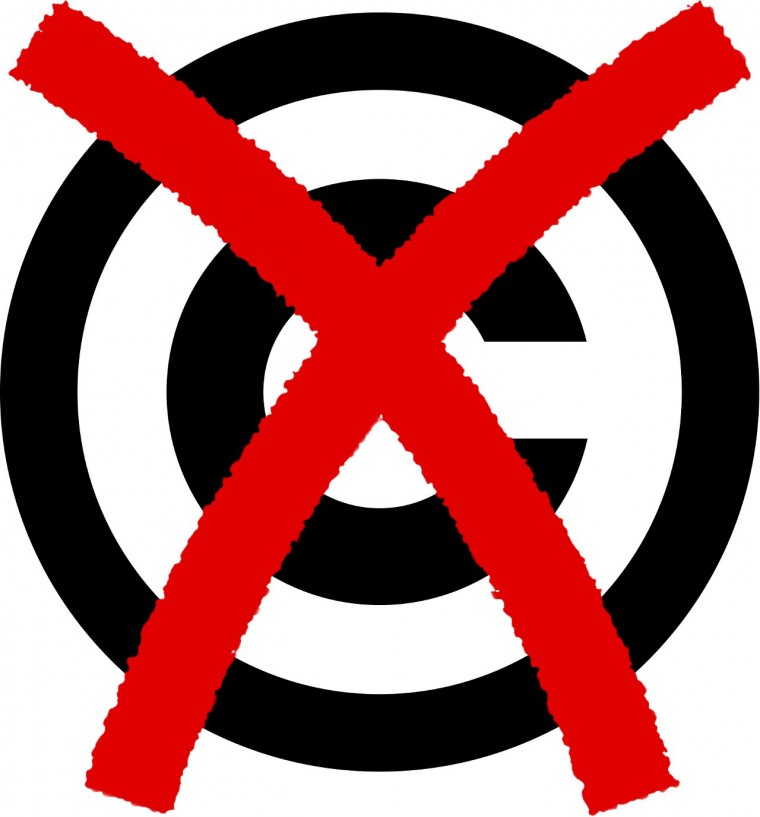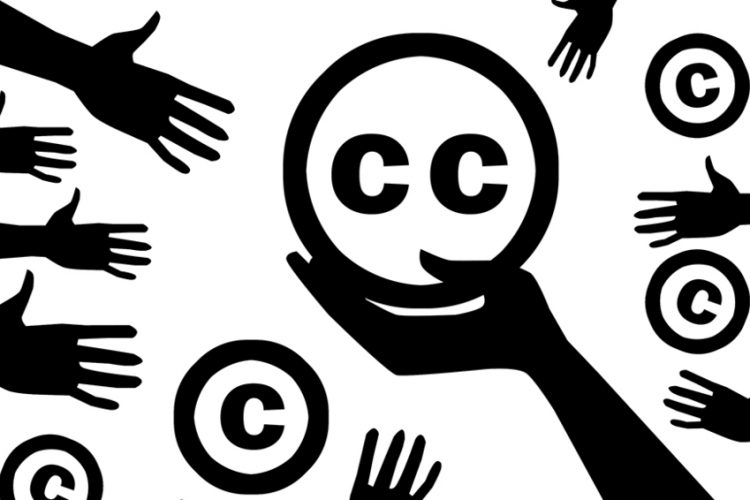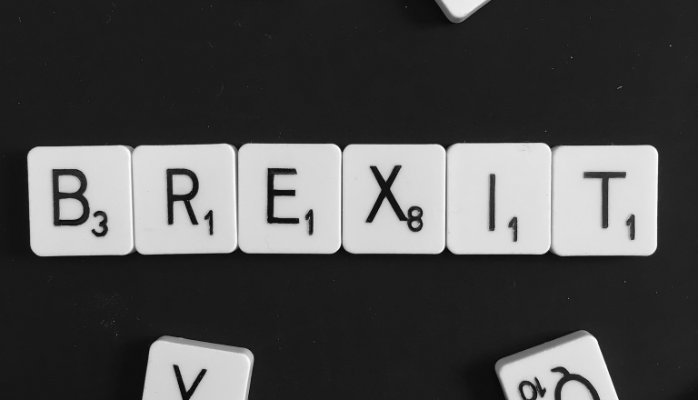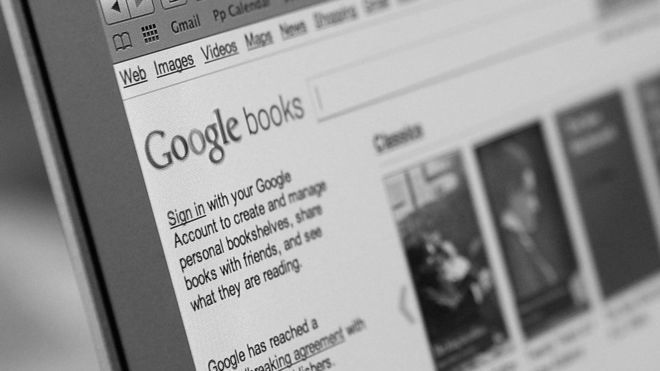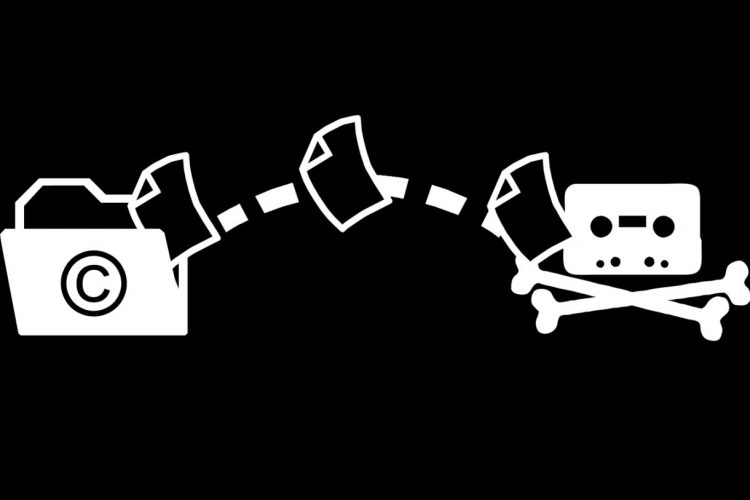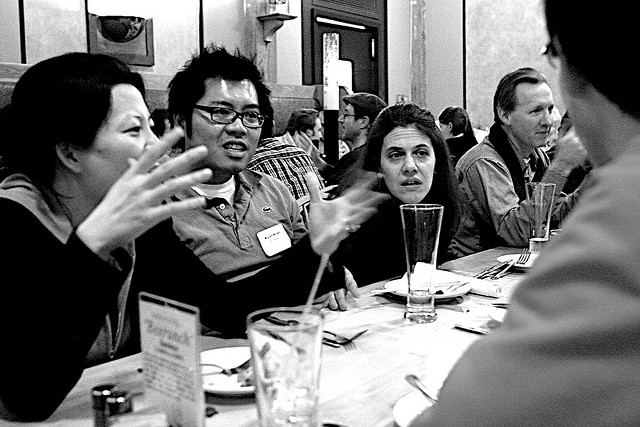Commodificaton of digital commons
‘The commons refers to natural and cultural resources that are shared by a community of commoners’ (Wittel, 2013). With the beginning of digital era, commons have revived in the form of digital ones presented by ‘the results of social production necessary for social interaction and further production, such as knowledges, languages, codes, information, affects, and[…]
